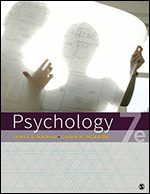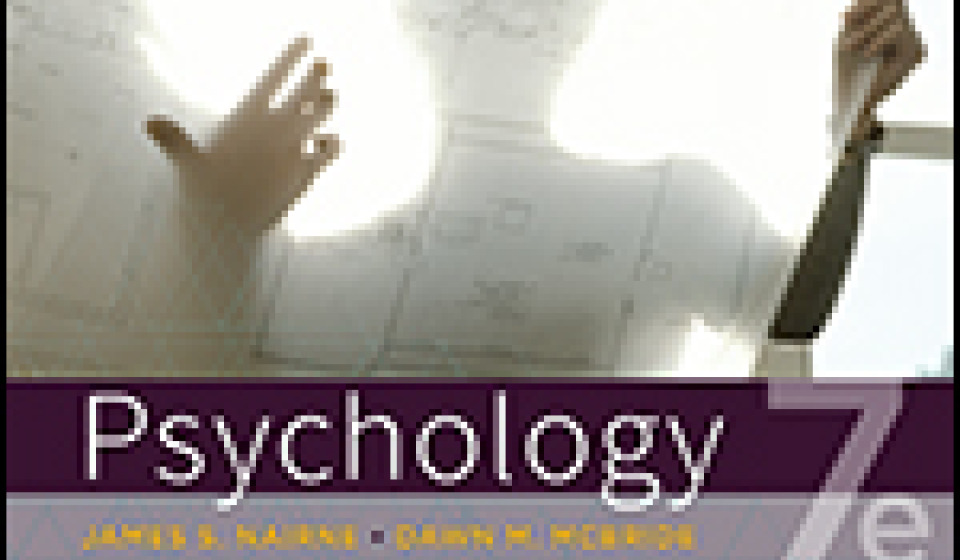You are in: North America
Change location
You are here
Effective Distance Learning

Effective Distance Learning*
From A Guide to Student Success: Part 6
More and more people are deciding to become distance learners, and they need a game plan, too. Not attending college in a more traditional manner can make students feel isolated and not connected to their peers or professors. There are ways to address those issues, many of which have already been mentioned. But here’s a refresher:
- Ideally, try to designate a specific area for studying. Keep it organized and clean so that when you are ready to study, your study space is prepared. If you cannot do this, make sure you are studying in a nondistracting environment that has all the “tools” (e.g., computer, paper, pen) that you need for studying.
- Create a study community. If you are unsure how to go about it, talking to your professor is a great place to start.
- Study groups give you the opportunity to articulate what you are learning (paraphrasing the content), which helps with deep processing.
- Study groups allow participants to test each other on the content.
- Because many people are deciding to take classes from home, try to keep distractions to a minimum when studying and testing. It’s easy to get distracted when laundry and other chores need to be done. Also, other family members can be a distraction, so try to communicate what you need and how long you need it to the others in your home. Communication is key when it comes to keeping the distractions at bay.
Next - Part 7: Helpful Resources to Help You Succeed
*Sources:
Essentials of Psychology
Saul M. Kassin
Gregory J. Privitera
Krisstal D. Clayton
Psychology, Seventh Edition
James S. Nairne
Dawn M. McBride
Tips for Student Success
- Guide Contents
- Tips and Tricks for Student Success: The Basics
- Getting the Most Out of Your Course
- Understanding Your Course Materials
- Best Practices for Studying and Preparing for Tests
- Creating School-Work-Family Balance
- Effective Distance Learning
- Helpful Resources to Help You Succeed
- Making the Most Out of Your Professor’s Office Hours
- Summary of Helpful Tips
Now available!
Learning Platform




